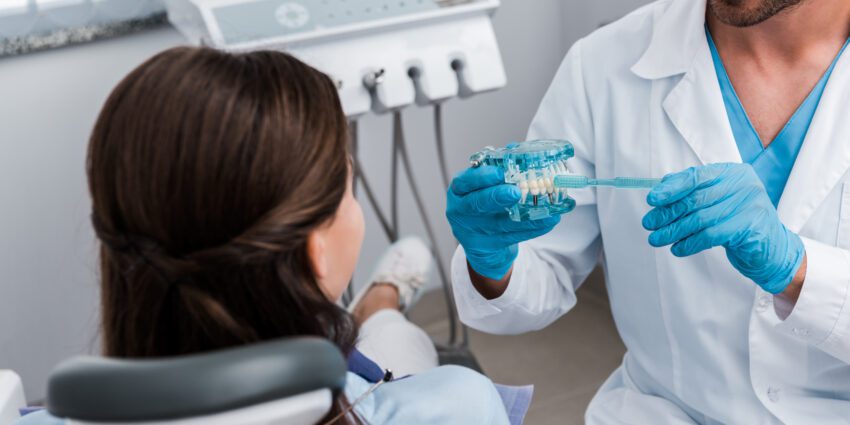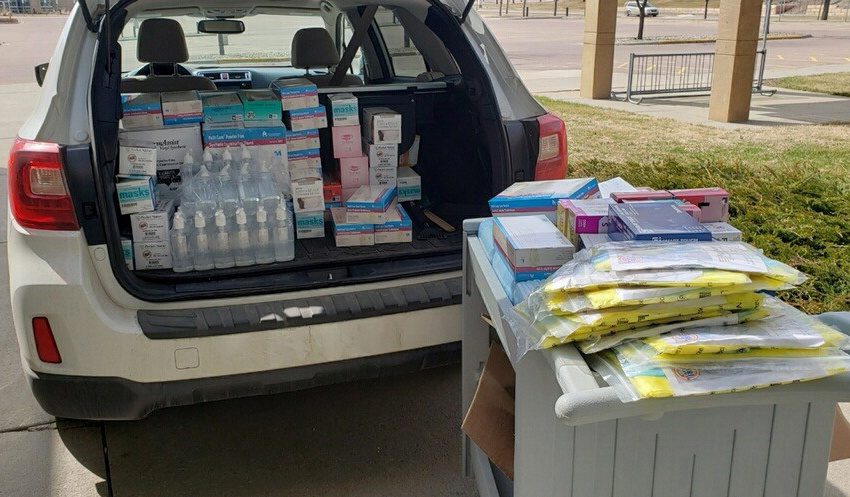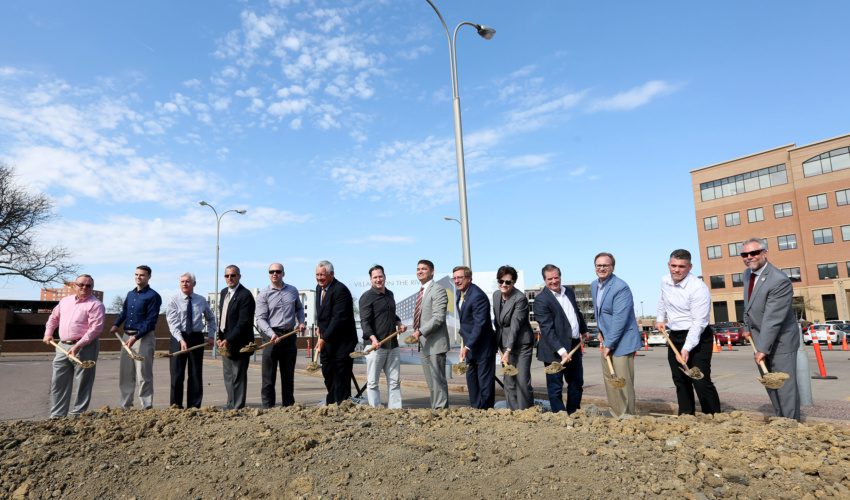Preserve your teeth for the future by taking these steps today
Jan. 11, 2024
This paid piece is sponsored by Siouxland Oral & Maxillofacial Surgery — Oral Surgery by Oral Surgeons.
Another year has passed, and we are all a little older and hopefully wiser. This time of year brings a lot of merriment and cheer along with a lot of smiling and eating.
Unfortunately, many people don’t have a complement of good teeth and turn to the option of removing their remaining teeth and getting dentures. They do this for a variety of reasons: some because their teeth are infected and hurt, some because there aren’t enough teeth left to chew with and some because financially it’s not feasible to get the care they need.
Typically, most people try to save the front teeth so they have a nice smile, and they extract the posterior teeth rather than repair them. The problem is that once you lose most of the back teeth, you start to chew your food with the front teeth. The front teeth truly are not designed for that and then eventually break. So one take home message is that you should do what you can to preserve the posterior teeth.
Upper dentures in most people fit well right after tooth extraction and usually fit well for many years. But over time, the majority of upper dentures begin to get loose. This is because the bone that used to surround the teeth dissolves slowly under the pressure of chewing. Often, the lower anterior teeth are preserved, and the person is biting their natural teeth against a full upper denture. That force accelerates the bone loss in the anterior maxilla. This is called “combination syndrome,” and it’s more common than you think.
Combination syndrome can be slowed by wearing a lower partial denture, but many people don’t. The lower partial dentures also have the problem of bone loss in the posterior mandible that can happen over time. So the take home message here is that if you have dentures and they are getting loose and readily need “relines,” you should evaluate the bone loss over the years. This will allow your dentist to see if you indeed have combination syndrome or are losing bone rapidly in the posterior mandible.
Why is all this important? It’s important because as you lose bone, there is less and less available to place dental implants. Many times, people wait far too long to consider dental implants, and by the time they do, there is very little bone to work with. This in turn makes things much harder to do and far more expensive. Early detection is key.
So if you haven’t seen your dentist in a long time, you should consider doing so in the next one to three months. Get an evaluation so that you can maintain the teeth you have for years to come and intercept any problems that are slowly getting ready to happen. Maintaining the teeth you have is far better for your health, and it is a lot less expensive than needing surgery and placing implants. Study after study shows that if you can enter old age with your teeth in good repair, you will have a better quality of life. Once you have a lot of crowns, bridges and large fillings, the chance of getting cavities at the edges of these restorations and reconstructions goes up. So more frequent visits to the dentist definitely become necessary for additional maintenance that you didn’t necessarily need when you were younger.
We hope you all had a wonderful and safe holiday season. Happy New Year!







